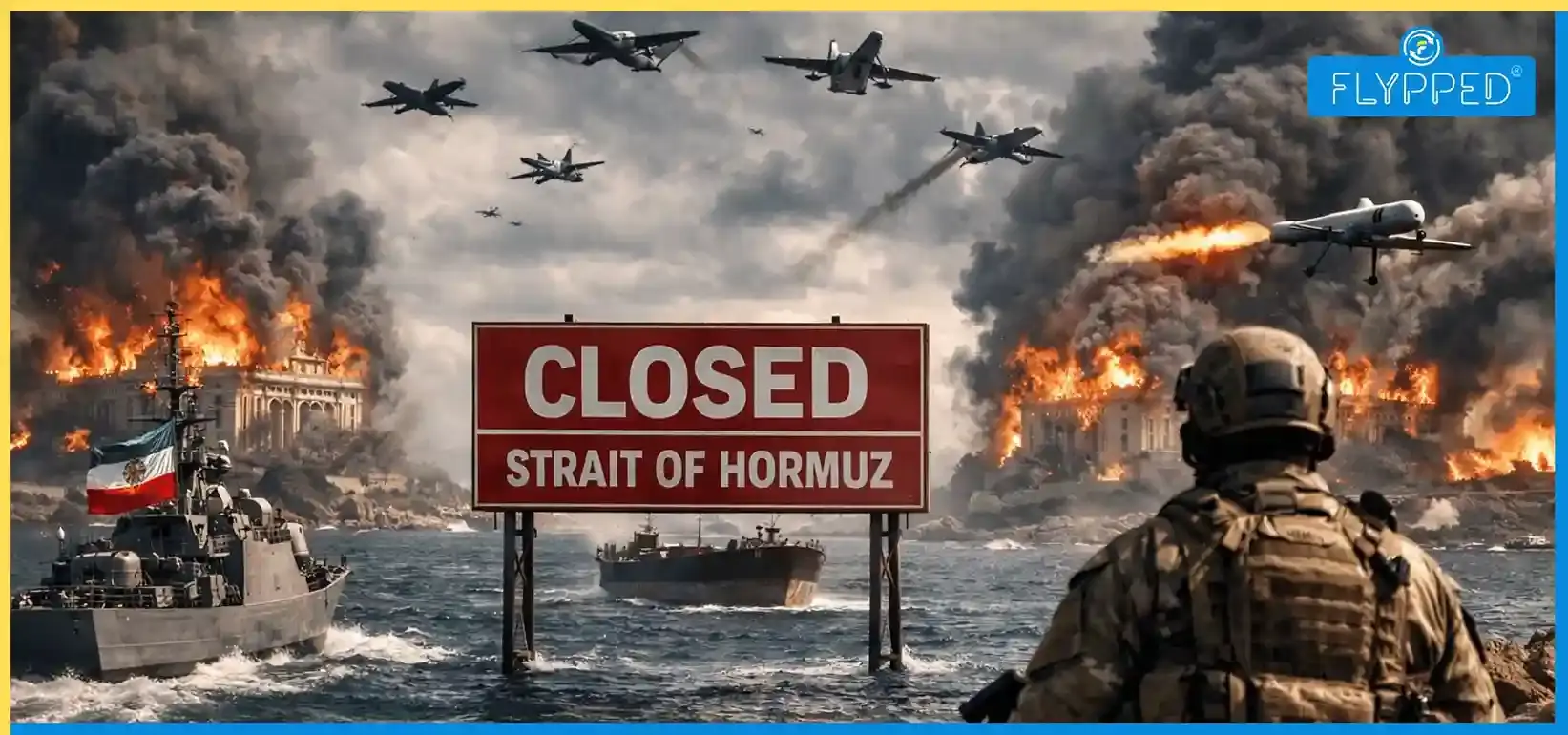Kaspersky quits US operations as a result of the Biden administration's ban on the company

In a significant move that has sent ripples through the cybersecurity industry, Kaspersky, the renowned Russian cybersecurity firm, has announced its decision to cease operations in the United States. This decision follows the Biden administration’s ban on the company, citing national security concerns. The exit of Kaspersky from the US market marks a pivotal moment in the ongoing geopolitical tensions influencing the global tech landscape.
The Ban on Kaspersky
The Biden administration's decision to ban Kaspersky stems from longstanding concerns about the potential risks associated with using software developed by a company headquartered in Russia. These concerns have been amplified by the broader context of strained US-Russia relations and allegations of cyber espionage.
The US government has expressed fears that Kaspersky’s software could be exploited by the Russian government to conduct surveillance or cyberattacks on American entities. Despite Kaspersky's consistent denials of any wrongdoing and its efforts to prove its independence, the US has remained cautious.

Kaspersky’s Response
In response to the ban, Kaspersky has decided to withdraw from the US market entirely. This move is seen as a preemptive measure to avoid further complications and to focus on markets where it can operate without such intense scrutiny.
Eugene Kaspersky, the company’s CEO, stated, “We regret having to make this decision, but the current political climate leaves us no choice. Our commitment to providing top-notch cybersecurity solutions remains unwavering, and we will continue to serve our global customers to the best of our ability.”
Impact on US Businesses and Consumers
The departure of Kaspersky from the US market will have several immediate and long-term impacts:
-
Transition for Current Users: Businesses and individual users currently relying on Kaspersky products will need to transition to alternative cybersecurity solutions. This transition could involve logistical challenges and additional costs.
-
Market Dynamics: The exit of a major player like Kaspersky will alter the competitive landscape in the US cybersecurity market. Competitors may see an opportunity to capture Kaspersky’s market share, potentially leading to increased innovation and varied offerings.
-
Security Concerns: While Kaspersky’s withdrawal is aimed at mitigating perceived security risks, the sudden changeover could temporarily expose users to vulnerabilities during the transition period. Ensuring seamless migration to new cybersecurity solutions will be crucial.
Broader Geopolitical Implications
Kaspersky's exit from the US is more than just a business decision; it reflects the broader geopolitical tensions between the US and Russia. The move underscores the growing influence of national security considerations on business operations in the tech industry.
The ban and subsequent withdrawal highlight how cybersecurity has become a critical battleground in international relations. As countries become increasingly wary of potential cyber threats, we may see more instances of tech companies being caught in the crossfire of geopolitical disputes.
What’s Next for Kaspersky?
Kaspersky’s future now hinges on its ability to navigate the complex geopolitical landscape and reinforce its presence in other markets. The company has a strong foothold in Europe, Asia, and Latin America, where it will likely concentrate its efforts.
-
Rebuilding Trust: Kaspersky will need to work diligently to rebuild trust and reassure its customers and potential clients about its commitment to privacy and security. This might involve more transparency in its operations and independent audits.
-
Expanding Markets: The company might explore new markets and strengthen its presence in regions less influenced by US policies. This could include increased partnerships and collaborations with local businesses and governments.
-
Innovative Solutions: Continuing to innovate and offer cutting-edge cybersecurity solutions will be vital for Kaspersky. Demonstrating its technical prowess can help mitigate the impact of losing the US market.
The Future of Cybersecurity
The Kaspersky case serves as a reminder of the interconnectedness of cybersecurity and geopolitics. As cyber threats become more sophisticated and pervasive, the need for robust and reliable cybersecurity solutions grows. However, this also means that companies in this sector must navigate complex political landscapes to operate effectively.
For US businesses and consumers, this incident highlights the importance of diversifying cybersecurity strategies and remaining adaptable to changes in the market. It also underscores the need for vigilance and proactive measures to ensure data and system security.
Conclusion
Kaspersky’s decision to quit US operations following the Biden administration’s ban marks a significant development in the cybersecurity industry. While it reflects the broader geopolitical tensions between the US and Russia, it also underscores the critical importance of cybersecurity in today’s world.
Click to read the full article




